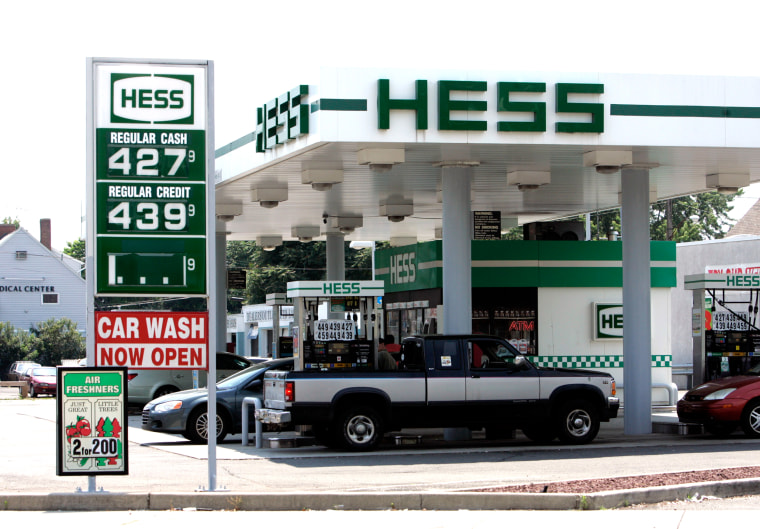Looking to “baby” your car with the good stuff? Like to splurge on premium gas, even if you only need to use regular? Shell has just the elixir for you, its new super-premium V-Power NiTRO+ which is just going on sale around the country this week, replacing its prior premium gas line.
New fuels like NiTRO+ are being pitched for more than just higher octane, however. "Nitro+ adds protection against wear and corrosion to the detergents our gasoline already contains," claims Shell researcher Ed Nelson.
But will it really make any difference? While outside tests have yet to be run on NiTRO+, experts already warn that many American motorists are spending more than they need at the pump on higher-octane fuels than their cars actually need.
Shell is running a cross-country test of its new premium, using a Dodge Charger sedan. But Fiat Chrysler spokesman Nick Cappa notes that the automaker itself tests the car for mileage and emissions standards using regular unleaded, as it does on all but a few of its most high-performance models.
That’s echoed by independent experts. “If your owner's manual says that premium fuel is required, then you should do it, but your car won't blow up if you occasionally opt for regular,” notes website AutoTrader.com. “If your owner's manual says that premium fuel is recommended, then you can use regular gas all the time with no worries.”
Higher-octane fuels were more common in the past, especially in bigger engines prone to developing damaging knock issues under heavy loads. Smart engine technologies have helped eliminate that issue, and even with cars that recommend, but don’t require, premium, those knock sensors will simply adjust timing, something only lead-footed drivers might note because of a slight loss of power.
That said, there can be big differences in fuel quality even within a standard grade due to different additives, for one thing. Shell also uses some of those in its regular and midgrade, albeit at lower levels, hoping to convince buyers to switch brands.
More from the Detroit Bureau:
